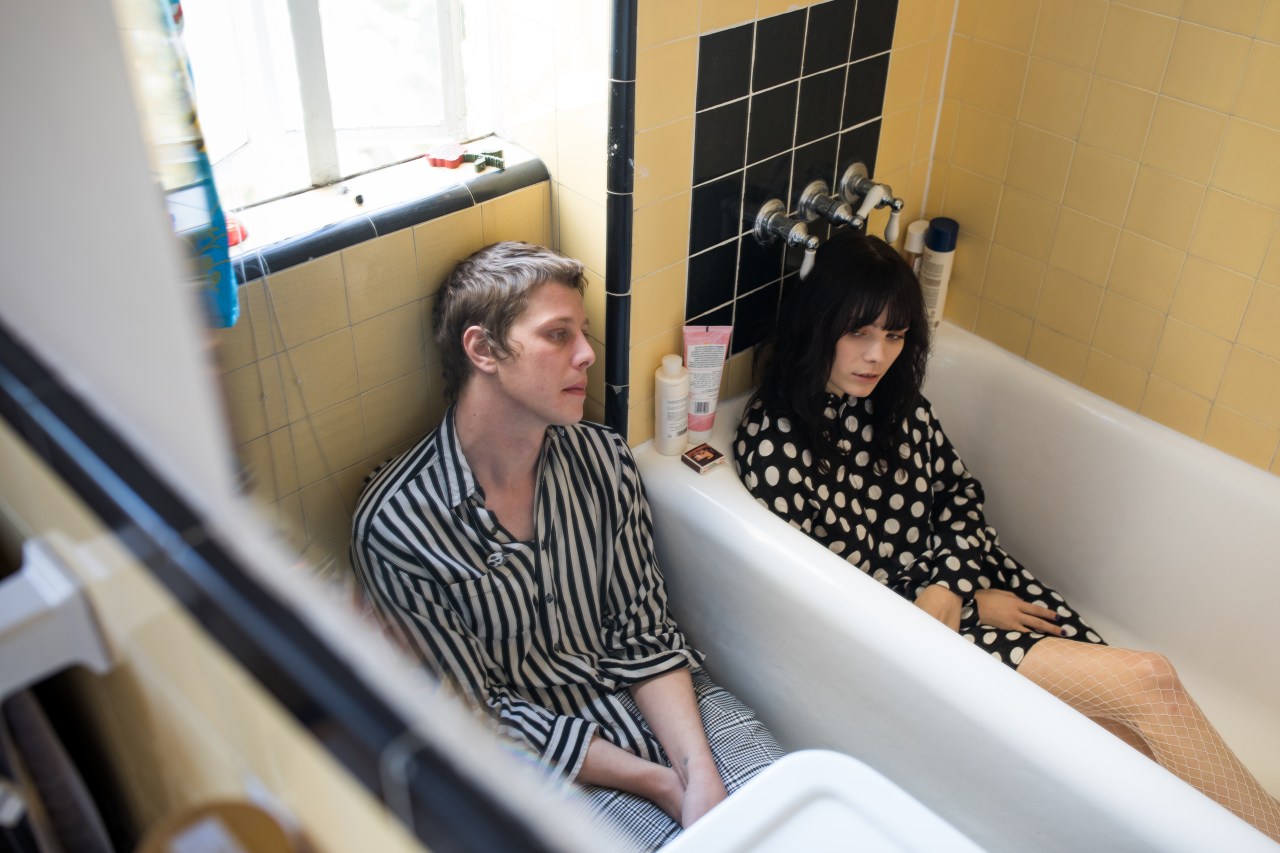
4 Common Types Of Relationship Triggers
A trigger is something that elicits a reaction, often a negative one. In the context of relationships, there are various types of triggers that can set someone off and cause issues within the partnership. Everyone will have different relationship triggers based on life experience, past relationships, mental health, and more. That said, there are still a number of common relationship triggers. Here are four of them.
1. Being disrespected.
Disrespect is a common relationship trigger, and for good reason. Given the fact that respect is the foundation for a healthy and loving partnership, being disrespected causes feelings of insecurity and loneliness.
While some types of disrespect are loud and easy to spot (i.e. name calling, yelling, and belittling), other forms of disrespect can be more subtle such as demanding conflicts to be resolved immediately or delaying the difficult but necessary conversations.
2. Fear of being betrayed.
The fear of being betrayed is especially pertinent of you have been cheated on in a past relationship. After all, cheating is a form of betrayal and can cause major trust issues in future relationships if not processed properly.
The fear of being betrayed trigger may arise in relationships if your partner goes away for a weekend, sees an ex out and about, or takes time to respond to a text or call.
3. Being ignored.
Being ignored can be a huge trigger in relationships. Having your partner blow off a text or call or take too long to get back to you for date night can make you feel unwanted and uncared for, and understandably so.
4. Feeling too dependent on your partner.
Feeling as though you can’t live without your partner can trigger feelings of insecurity and resentment, especially if you have an avoidant attachment style. If that’s the case, starting to feel the vulnerability that comes with loving another person can be downright painful, so much so that you want to sprint in the other direction (and often do).
***
Getting triggered happens; it’s how you respond to that emotional upheaval that matters the most. Be sure to communicate with your partner, set boundaries, and take space if you’re feeling particularly emotionally aroused. This can make all the difference in the world.

